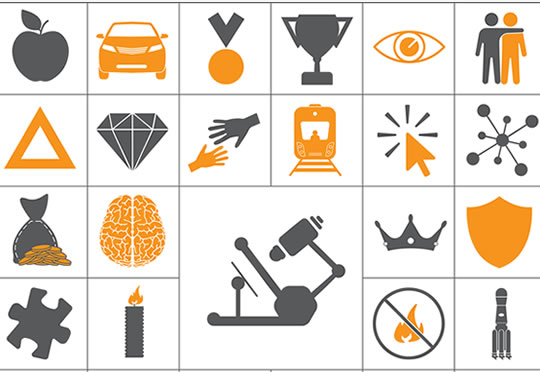How to totally block the effects of stress on your memory.
It’s natural for memory to break down under stress.
It happens to everyone.
Except, if you do certain types of learning, even stress cannot hurt memory, according to new research.
Retrieval practice — the sort where you take practice tests — builds surprisingly robust memories.
Dr Ayanna Thomas, the study’s senior author, said:
“Typically, people under stress are less effective at retrieving information from memory.
We now show for the first time that the right learning strategy, in this case retrieval practice or taking practice tests, results in such strong memory representations that even under high levels of stress, subjects are still able to access their memories.”
The researchers compared taking practice tests with the most common way of trying to learn: by reading and re-reading the material.
Those who learned by retrieval practice remembered over 50% more than those who just reread the material.
Ms Amy Smith, the study’s first author, siad:
“Our results suggest that it is not necessarily a matter of how much or how long someone studies, but how they study.
Even though previous research has shown that retrieval practice is one of the best learning strategies available, we were still surprised at how effective it was for individuals under stress.
It was as if stress had no effect on their memory.
Learning by taking tests and being forced to retrieve information over and over has a strong effect on long-term memory retention, and appears to continue to have great benefits in high-stakes, stressful situations.”
Dr Ayanna Thomas, senior study author, said:
“Our one study is certainly not the final say on how retrieval practice influences memory under stress, but I can see this being applicable to any individual who has to retrieve complex information under high stakes.
Especially for educators, where big exams can put a great deal of pressure on students, I really encourage employing more frequent more low-stakes testing in context of their instruction.”
The study was published in Science (Smith et al., 2016).
Memory test image from Shutterstock

